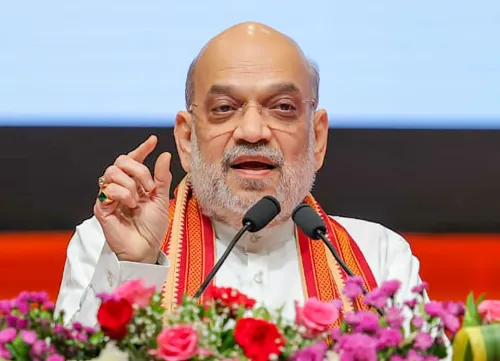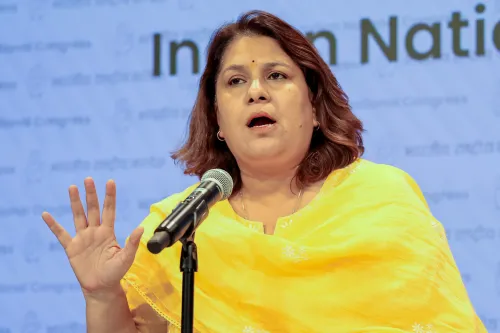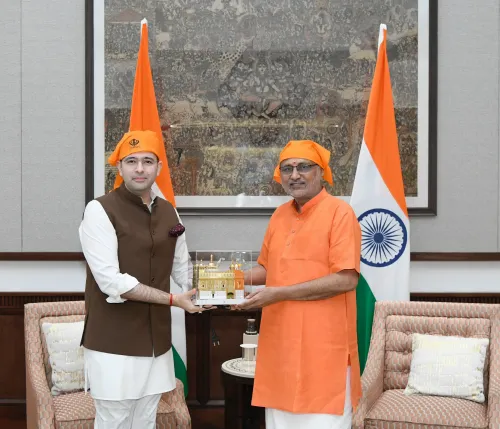Why Did the Saudi Supreme Court Dismiss the Abdul Rahim Case Appeal?

Synopsis
Key Takeaways
- The Saudi Supreme Court dismissed the prosecution's appeal against Abdul Rahim.
- Rahim's release is expected by May 2024.
- The victim's family accepted compensation, leading to a pardon.
- The case illustrates the complexities of international criminal law.
- Legal support from both Indian and Saudi officials has been crucial for Rahim.
Riyadh/Kozhikode, Sep 22 (NationPress) The Supreme Court of Saudi Arabia has rejected the prosecution's appeal that sought a more severe punishment for Abdul Rahim, a native of Kozhikode currently serving time for the 2006 murder of a teenager.
The ruling on Sunday confirmed the previous court's decision, paving the way for Rahim's potential release, as stated by the Rahim Legal Aid Committee.
The Committee, which has been liaising with both Indian and Saudi officials, anticipates that his release could be finalized by May 2024, following the completion of necessary procedural steps.
“We extend our heartfelt thanks to the Government of India, Saudi authorities, and everyone who rendered legal and diplomatic assistance,” remarked a member of the committee overseeing Rahim's release efforts.
Abdul Rahim, hailing from Kozhikode, was apprehended in November 2006 regarding the homicide of Saudi national Anas Al Fayiz. In 2012, he received a death sentence from a Saudi court.
However, the death penalty was annulled last year when the victim’s family accepted a compensation of 15 million Saudi Riyals (approximately Rs 34 crore) and granted a pardon.
Despite the settlement, Rahim continued to be incarcerated due to provisions concerning public rights, which extended his imprisonment.
In the past year, the case has undergone 13 hearings to determine the next steps.
The 20-year sentence he received will officially end in December 2026.
Legal analysts noted that the Supreme Court's decision eliminates the final legal obstacle to Rahim's release.
With no outstanding actions against him, authorities can now proceed with the remaining formalities for his release.
The case has garnered attention in both India and Saudi Arabia due to the interplay of private agreements and public rights, underscoring the complexities involved in international criminal justice.
The verdict has been celebrated by the Rahim Legal Aid Committee as a crucial advancement towards resolving an almost two-decade-long legal struggle.









